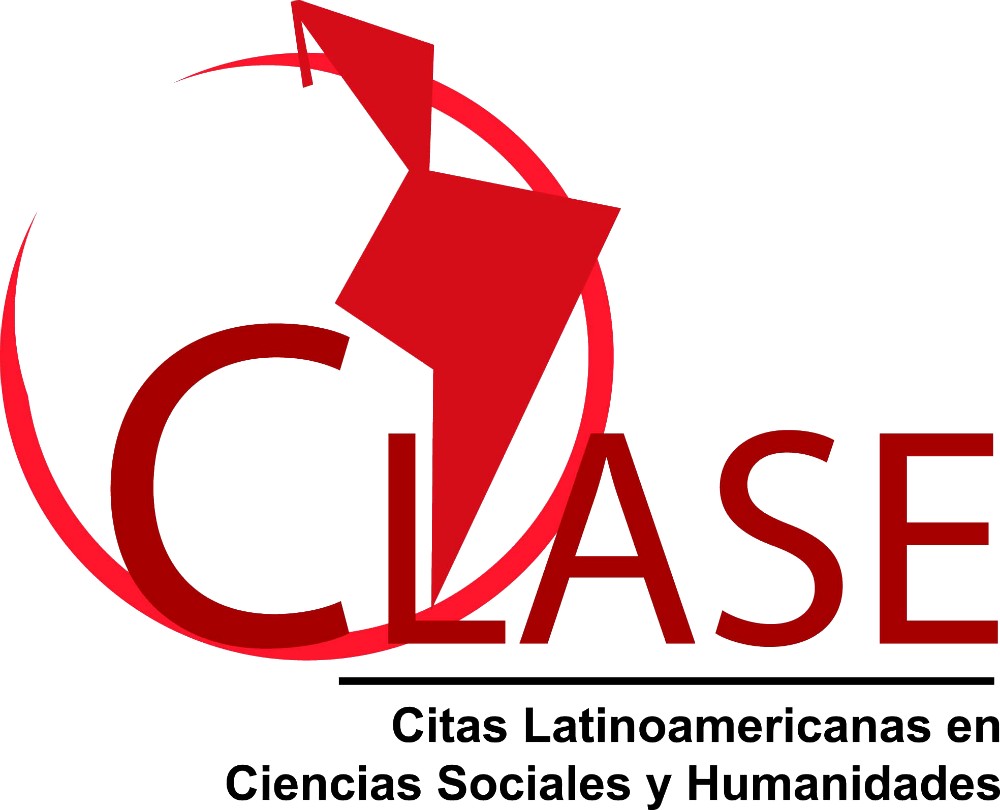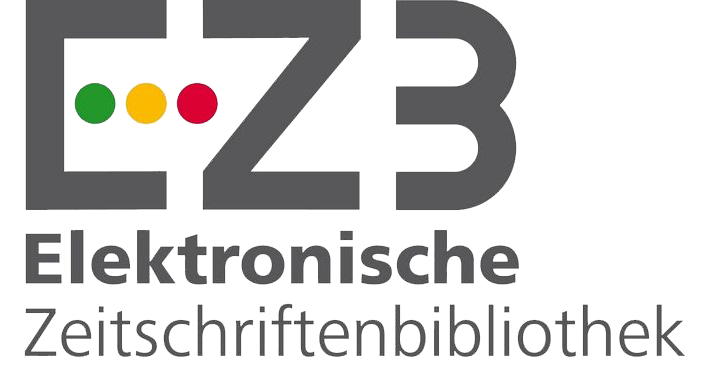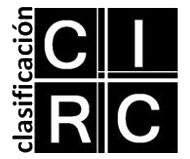The Moscow short wave
The process of institutionalizing Radio Moscow abroad as a communication policy to break isolation (1929-1936)
DOI:
https://doi.org/10.24215/16696581e572Keywords:
broadcasting, short wave, cultural materialism, Soviet UnionAbstract
The aim of this article is to analyze the starting motivations and under which format, the Soviet State promoted the beginning of radio broadcasts in foreign languages after undertaking the political definition which stated that the socialist revolution could not be exportable (1929-1936). The hypothesis stated that even within the framework of the theory of socialism in one country adopted by the XIV Congress of the Communist Party of the Soviet Union, the development of Radio Moscow was part of the communication policies that the Soviet State needed to deploy. This would enable to carry out exchanges with populations of the rest of the world breaking the isolation imposed by both, countries with totalitarian regimes on one side and democratic regimes on the other. It was concluded that the process of institutionalization of Radio Moscow abroad based on a prevailing cultural agenda was the result of the soviet radio broadcasting policies aimed at influencing abroad; the ways of organization, the censorship mechanisms and the working guidelines of the media; the strategic changes of the Communist International; and fluctuations in the international geopolitical situation. We worked from a qualitative approach of articles from publications surveyed from the digital newspaper library of the National Library of Spain and the Virtual Library of Historical Press (Spanish Government).
Downloads
References
BASSETS, L. (1981). “Introducción”. En Bassets Lluis (ed). De las ondas rojas a las radios libres. Barcelona: GG, pp. 07,12.
BURKE, P. (1982). Enfoques oblicuos a la historia de la cultura popular. En: Bigsby, C. W. E. (comp.). Examen de la cultura popular (108-132). México: FCE.
DAHL, P. (1981). “Detrás de tu aparato de radio está el enemigo de clase. Movimiento de radios obreras de la República de Weimar”. En Bassets Lluís (ed). De las ondas rojas a las radios libres. Barcelona: GG.
FAIGAN, S. S. (2018). An Annotated Bibliography of Maria Yakovlevna Frumkina (Esther) (Tesis doctoral). The Australian National University, Australia.
FITZPATRICK, S. (2019). La vida cotidiana durante el estalinismo. Buenos Aires: Siglo veintiuno.
GARCÍA GONZÁLEZ, G. (2003). Diplomacia y radiodifusión: las emisiones de la BBC hacia España durante la Segunda Guerra Mundial. In Aportacions de la comunicació a la comprensió i construcció de la història del segle XX; La comunicació audiovisual en la història (pp. 243-253). Servicio de Publicaciones.
GALÁN, Luis (1988). Después de todo: recuerdos de un periodista de la Pirenaica. España: Anthropos - Editorial del hombre.
GLAZOV, A.A (2017). Роль Коммунистического Интернационала в системе советского радиовещания на зарубежные страны (1935-1943 гг.)[El papel de la Internacional Comunista en el sistema de radiodifusión soviética a países extranjeros (1935–1943)] (Tesis). Universidad de la Amistad de los Pueblos de Rusia, Moscú.
_____________ (2017). [The Origination of the communist International Radio broadcasting in the spanish language]. RUDN Journal of World History, Vol 9 N°2, pp.139-147.
_____________ (2016). Исполнительный комитет Коммунистического интернационала и советское радиовещание на франкистскую Испанию в начале Второй мировой войны [El Comité Ejecutivo de la Internacional Comunista y la Radiodifusión Soviética en Franco-Español al comienzo de la Segunda Guerra Mundial]. Boletín de la Universidad de la Amistad de los Pueblos de Rusia. Serie: Historia general, N° 03.
LOVELL, S. (2015). Russia in the microphone age: a history of Soviet radio, 1919-1970. OUP Oxford.
TRINKNER, B. (2014). Bolshevik voices: radio broadcasting in the Soviet Union, 1917-1991. Nueva Jersey: Rowan University, Theses and Dissertations 545.
VOLOV, B. (1982). “Aquí Moscú: con motivo del 50 aniversario de Radio Moscú en español”. En: América Latina. Moscú: Editorial Progreso, N°55-60, pp. 97-111.
WILLIAMS, R. (1977). Marxismo y Literatura. Buenos Aires: Las Cuarenta, 2009.
____________ (1996). La tecnología y la sociedad. En: Causas y azares, N° 4, Invierno 1996, pp. 155-172.
WOOD, J. (1992). History of international broadcasting Volumen 1 (en inglés). Reino Unido: Institution of Engineering and Technology (IET).
Downloads
Published
How to Cite
Issue
Section
License
La aceptación de un original por parte de la revista implica la cesión no exclusiva de los derechos patrimoniales de los/as autores/as en favor del editor, quien permite la reutilización, luego de su edición (postprint), bajo una Licencia Creative Commons Atribución-NoComercial-CompartirIgual 4.0 Internacional (CC BY-NC-SA 4.0)
Acorde a estos términos, el material se puede compartir (copiar y redistribuir en cualquier medio o formato) y adaptar (remezclar, transformar y crear a partir del material otra obra), siempre que a) se cite la autoría y la fuente original de su publicación (revista y URL de la obra), b) no se use para fines comerciales y c) se mantengan los mismos términos de la licencia.
La cesión de derechos no exclusivos implica que luego de su edición (postprint) en Question las/os autoras/es pueden publicar su trabajo en cualquier idioma, medio y formato; en tales casos, se solicita que se consigne que el material fue publicado originalmente en esta revista.
Tal cesión supone, también, la autorización de los/as autores/as para que el trabajo sea cosechado por SEDICI, el repositorio institucional de la Universidad Nacional de La Plata, y sea difundido en las bases de datos que el equipo editorial considere adecuadas para incrementar la visibilidad de la publicación y de sus autores/as.
Asimismo, la revista incentiva a las/os autoras/es para que luego de su publicación en Question depositen sus producciones en otros repositorios institucionales y temáticos, bajo el principio de que ofrecer a la sociedad la producción científica y académica sin restricciones contribuye a un mayor intercambio del conocimiento global.















































